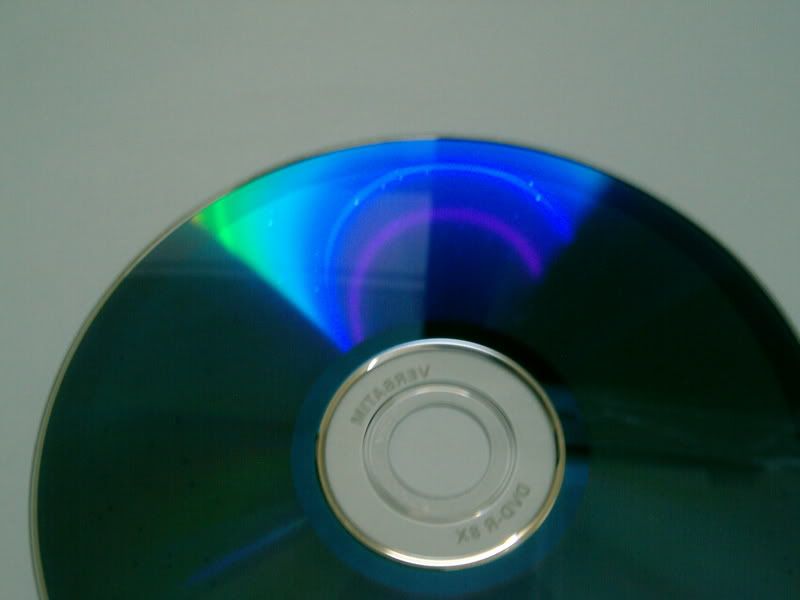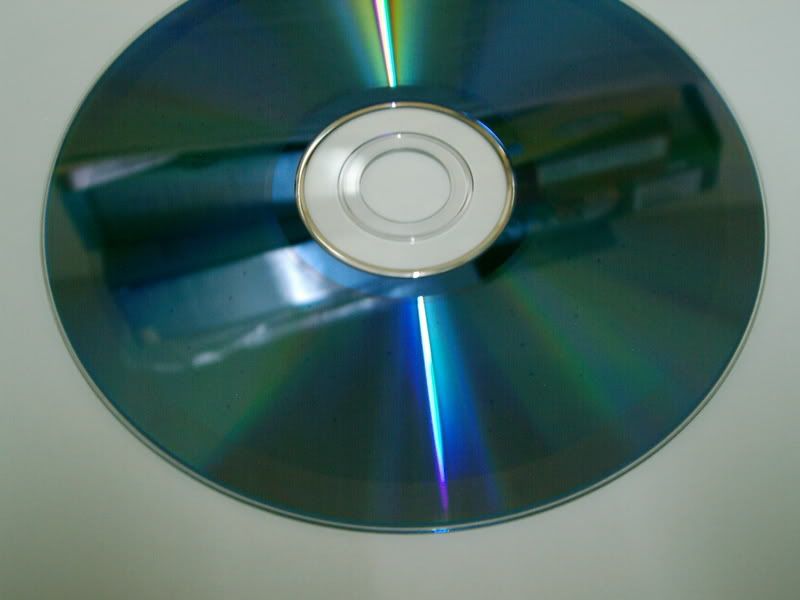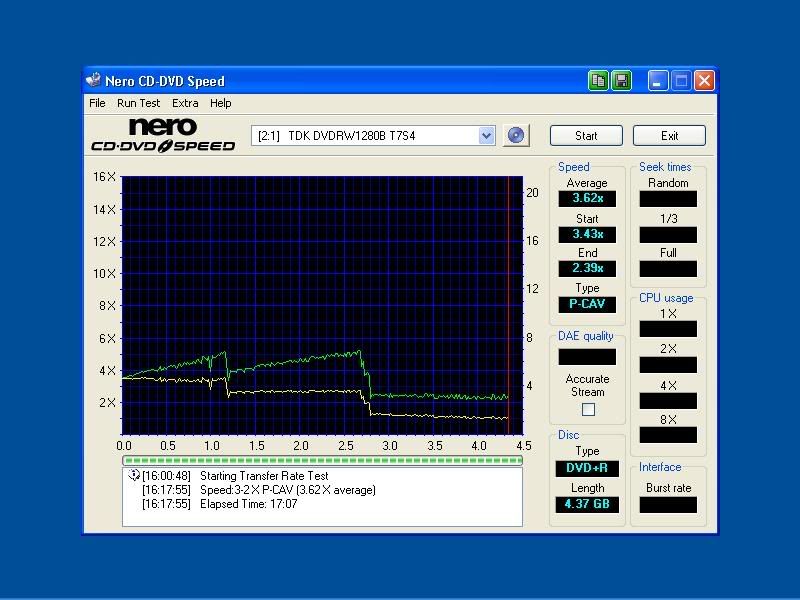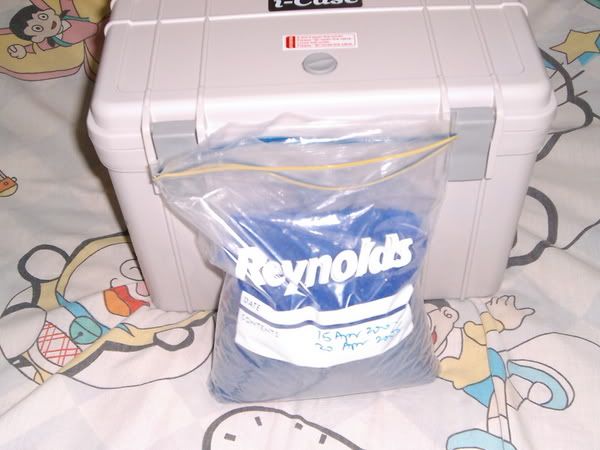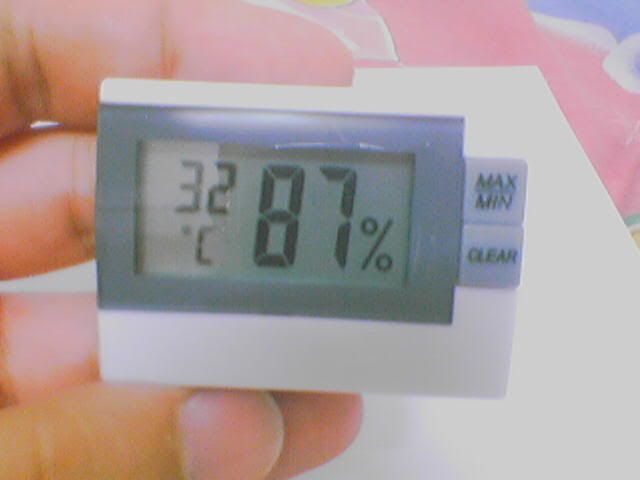Hi all,
I am living in the hot and humid tropical climate of Singapore. My room temperature is approx. 31 degrees Celcius and relative humidity in the room is about 88%. To date more than 40 DVD discs have either degraded (nero transfer rate graphs show lousy dipping curves) and many DVD discs have CRC/read errors (windows report CRC, dvdinfopro show red color blocks). For those discs that have degraded I have actually reburned those discs (about 40-50 discs so far) and store them inside dry boxes with relative humidity maintained at about 20-30% through the use of silica gel crystals. Brands of dvd media that have degraded in my storage include TDK, Verbatim, Mitsubishi, Panasonic, Ricoh, NEC, etc. These media are considered branded ones. Also, numerous other people in my country have reported dying/dead/unreadable Imation and Maxell DVD media. I am wondering if dvd degradation occurs in tropical countries only. For those of you who stayed in cold, temperate countries, do you experience failing dvd media?
I have many Mitsubishi, Ricoh and NEC dvd discs with darkened purple spots on the recording side of the disc. A comparison of discs stored in dry boxes and unprotected by dry boxes shows that mit and nec discs stored in dry boxes with silica gel do not have spots whereas discs left lying around everywhere developed spots. They are burned and stored for around the same time.
Please refer to the background and details in the following link:
http://forums.hardwarezone.com/showthread.php?t=991675
The entire thread is about 24 pages so far. I apologize for its terrible length and disorganization (as well as some ranting).
This thread contains background information, my storage environments, hypothesis that humidity degrades my media, efforts to use dry boxes and silica gel, video footages of mitsubishi, nec and ricoh with spots, nero transfer rate curves of degraded media, disc quality scans with terrible PI/PO results, and disc quality scans reserved for future comparisons.
I hope you guys could contribute in the reporting of your failing dvd media and storage conditions in the following format. If you have a better format please advise me. If I have missed out anything please advise me as well.
1. Brand, e.g. Verbatim
2. Format, e.g. 8X DVD+R or 16x DVD-R
3. MID, e.g. MCC04
4. Date the DVD was burned or how long you have stored it, e.g. 4 years 2 months
5. DVD burner used, e.g. LG-4163B
6. Burn speed, e.g. 2X
7. Recording software used, e.g. nero, padus, sonic, etc (seems to be irrelevant?)
8. State/Province, Country, e.g. Wisconsin, U.S.A or Sussex, U.K.
9. DVD Storage temperature, e.g. 30 degrees Celcius
10. DVD Storage Relative Humidity, e.g. 10%
11. DVD protection used, e.g. dry box with silica gel, or electric dry cabinet, or left lying around, CD/DVD wallets, jewel case, or paper sleeve.
12. DVD Failure type: CRC/read error or degraded with no error or cannot be detected by reader (gone case)
13. Attach PI/PO graphs or transfer rate graphs or scandisc graphs?
Thank you for your effort. Your effort is greatly appreciated.
Just to add: some of my dvd discs degrade in as little as 3-4 months (early discs not protected by dry box and silica gel).


